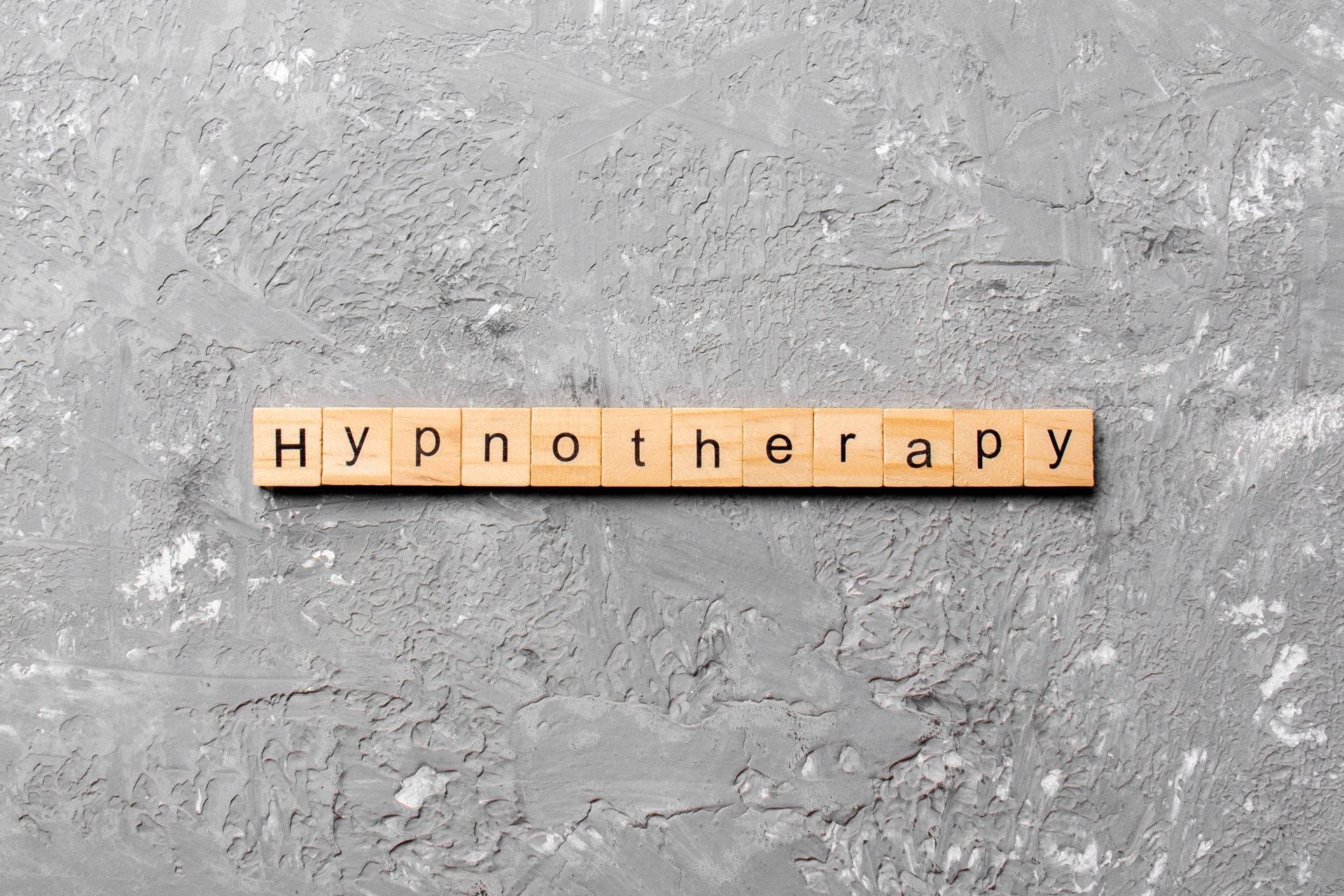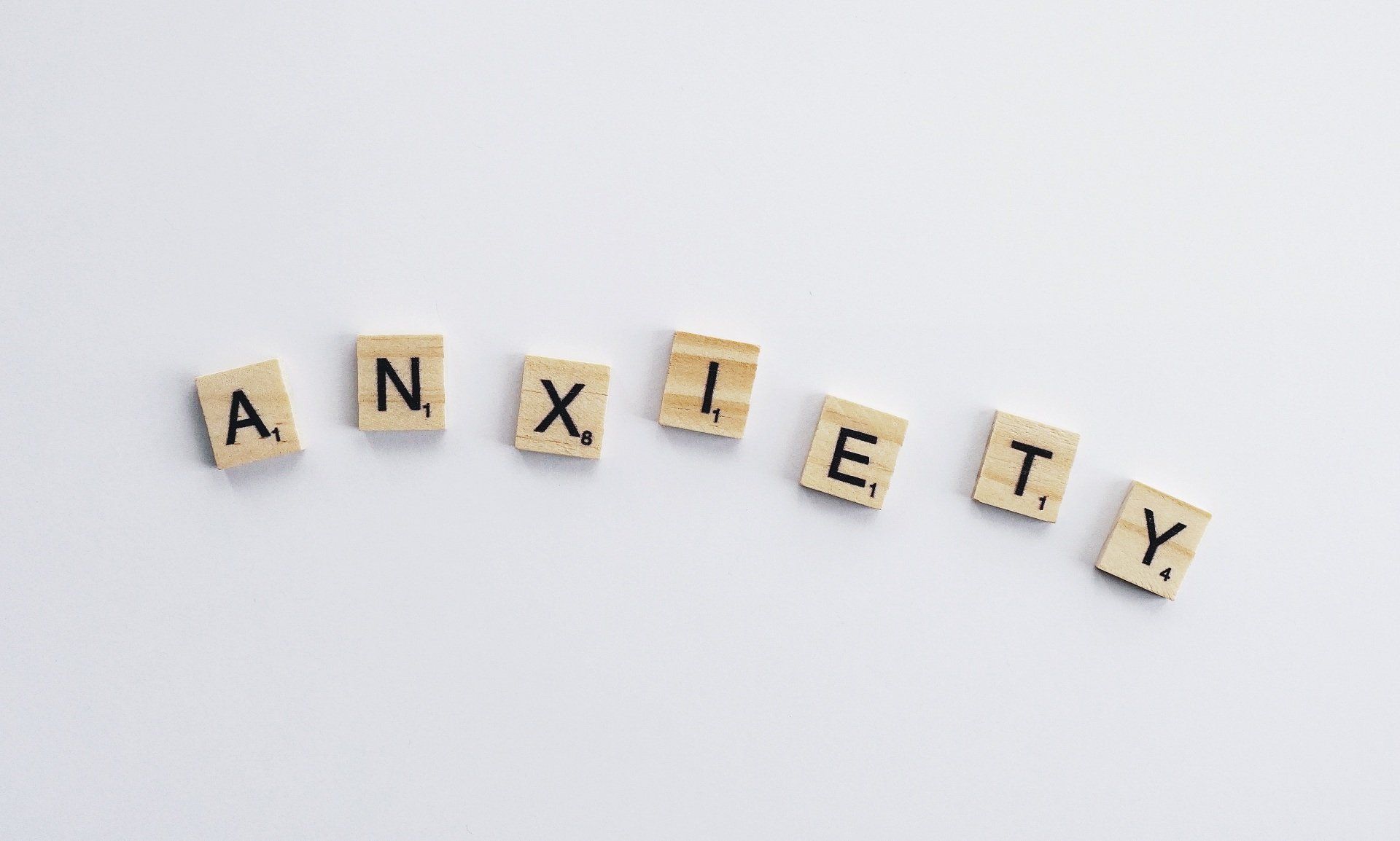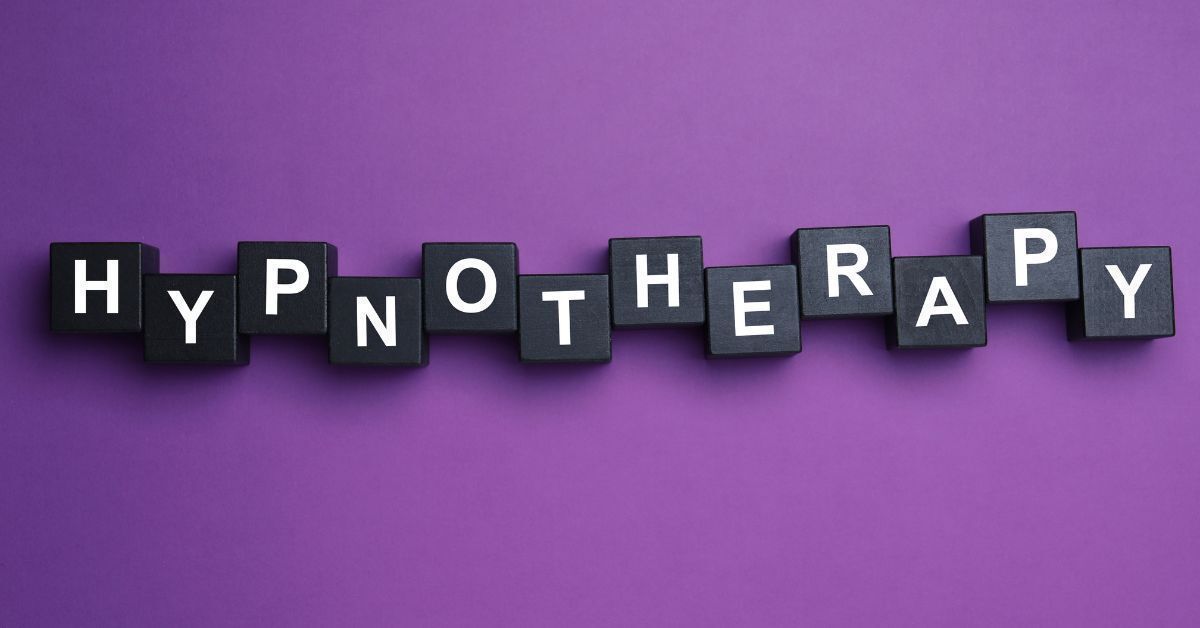The Role of EMDR in Treating Depression and Other Mood Disorders
Are you looking for an effective way to treat depression and other mood disorders? If so, Eye Movement Desensitization and Reprocessing (EMDR) might be the answer. This type of therapy has been used successfully by mental health professionals around the world for decades to help people suffering from depression, anxiety, post-traumatic stress disorder (PTSD), and a variety of other mood disorders. In this blog, we'll explore the role of EMDR in treating depression and other mood disorders, including how it works and how to find an EMDR therapist. So read on to learn more about the potential benefits of this type of therapy for those struggling with depression or other forms of mental health issues.
EMDR is a type of therapy that uses bilateral stimulation, such as eye movements or tones, to help people process traumatic memories and emotions. It is thought to be effective because it helps the brain reprocess information in a way that can reduce the distress associated with different thoughts, feelings, and behaviors. By engaging the left and right sides of the brain, EMDR is thought to help people process the traumatic material more quickly and effectively.
1. Reduces Symptoms of Depression and Other Mood Disorders Including Anxiety, Fear, Anger, and Guilt
Eye Movement Desensitization and Reprocessing (EMDR) therapy is an evidence-based approach to helping individuals who struggle with depression and other types of mood disorders. During EMDR therapy, patients are asked to recall difficult memories while their therapist directs their eyes in a certain manner.
This unique process helps people identify the negative thoughts tied to their traumatic experiences, allowing them to eliminate these harmful connections and improve the intensity of their emotions. The ultimate goal of EMDR therapy is to help patients move away from emotional reactivity and toward emotional regulation, ultimately leading to increased resilience and improved overall mental health.
EMDR can also be used in conjunction with traditional therapies such as Cognitive Behavioral Therapy (CBT) or DBT for even greater success.
2. Enhances Self-Esteem by Promoting Insight Into Underlying Causes of Depressive/Mood Disorder States
Eye Movement Desensitization and Reprocessing (EMDR) is very effective in treating depression and other mood disorders. EMDR helps individuals approach their conscious and unconscious emotions by holding them up to a light for insight.
This type of psychotherapy works well because it encourages people to explore their inner experience in terms of its origin, focus on dysfunctional beliefs, and modify the associated patterns of response. As individuals learn more about themselves from the insights they gain through EMDR, self-esteem is enhanced as they learn to take control of their mental health.
This greater understanding leads to changes in self-talk, how one manages relationships, and how we view ourselves as well as our coping skills. Ultimately, this empowers individuals to confront their issues with positive change and an improved outlook on life despite their disorder.
3. Encourages Behavior Change by Helping Individuals Reframe Unhelpful Beliefs About Themselves
Eye Movement Desensitization and Reprocessing (EMDR) is a powerful form of therapy that helps individuals suffering from depression and other mood disorders to reframe unhelpful beliefs about themselves. This type of approach encourages individuals to focus on their strengths and positive traits rather than concentrating on the negative aspects of their disorder.
EMDR helps individuals overcome the self-limiting belief patterns which may be hindering their recovery. Instead of ruminating on unhealthy thoughts and memories, EMDR encourages people to think about what can help them move forward.
This type of approach also helps individuals better understand themselves and teaches them new ways to cope with difficult situations.
4. Assists in the Resolution of Traumatic Experiences
Eye Movement Desensitization and Reprocessing (EMDR) is an effective treatment for depression and other mood disorders. It is a specialized form of therapy that can help individuals resolve traumatic experiences, which are often the root of many mental health issues. EMDR encourages individuals to explore their inner life to discover triggers which can then be addressed.
The therapist helps the patient to work through their trauma in a safe and supported environment, which can lead to improved mental health. The individual is taught new coping strategies that can help them manage difficult situations more effectively; this allows them to move away from negative patterns of thought and behavior which are often associated with depression or other mood disorders.
EMDR can be a powerful tool in helping people move toward greater emotional regulation and improved overall mental health. Addressing the underlying causes of depression or other mood disorders, empowers individuals to take control of their mental health and lead more fulfilling lives.
5. Improves Problem-Solving Skills & Decision-Making Capacities
Eye Movement Desensitization and Reprocessing (EMDR) is a highly effective form of therapy that helps individuals suffering from depression or other mood disorders. EMDR aims to provide insight into the underlying reasons for these mental health issues and help individuals learn new strategies for coping.
One of the benefits of EMDR is that it helps individuals develop improved problem-solving skills and decision-making capacities. As individuals work through their inner experiences, they gain insight into how their thoughts and feelings are impacting them. This can help them to recognize unhelpful patterns of behavior and begin to think more rationally about various life situations.
This improved problem-solving ability helps individuals to take control of their mental health and make more positive decisions. EMDR encourages individuals to focus on their strengths rather than ruminating on the negative aspects of their disorder, leading to improved overall well-being.
6. Provides a Sense of Control & Personal Empowerment During Times of Distress
Eye Movement Desensitization and Reprocessing (EMDR) is a powerful form of therapy that helps individuals dealing with depression and other mood disorders to regain control and personal empowerment during times of distress. The therapist assists the patient in exploring their inner life and uncovering underlying causes for their mental health issues.
This type of approach helps individuals to see how their thought patterns, behavior, and emotions are interconnected to gain a better understanding of themselves. Through EMDR, individuals learn new ways to cope with difficult situations, giving them a sense of control and personal empowerment when dealing with overwhelming emotions.
EMDR also encourages people to focus on the positive aspects of their life and become more mindful of how their thoughts and feelings can affect their overall well-being. Through this process, individuals gain a greater sense of self-awareness which can help them to better manage their mental health issues in the long run.
Eye Movement Desensitization and Reprocessing (EMDR) can be a powerful tool in helping individuals manage depression and other mood disorders. This type of therapy encourages individuals to explore their inner life to uncover the underlying causes of their mental health issues and develop new strategies for coping. EMDR helps people gain valuable insight into how their thoughts, behaviors, and emotions are interconnected, giving them a greater sense of control and personal empowerment during times of distress. With EMDR, individuals can move away from negative patterns of thought and behavior to lead more fulfilling lives.
Are you struggling with anxiety, depression, or phobias? Are you looking for a safe and effective way to improve your life? David B. Fisher Hypnotherapy in Albuquerque, NM provides EMDR therapy and other holistic solutions that can help you regain control of your mental health. My goal is to provide personalized care specifically tailored to your needs. Contact me today for a free 20-minute consultation to learn more about how I can help you achieve your goals! Whether you're looking to reduce stress and anxiety, overcome phobias, or start on the path to a healthier lifestyle, I'm here to help. Don't wait any longer – reach out today and take the first step towards a happier and healthier life. Call (505) 463-7392 to get started!












